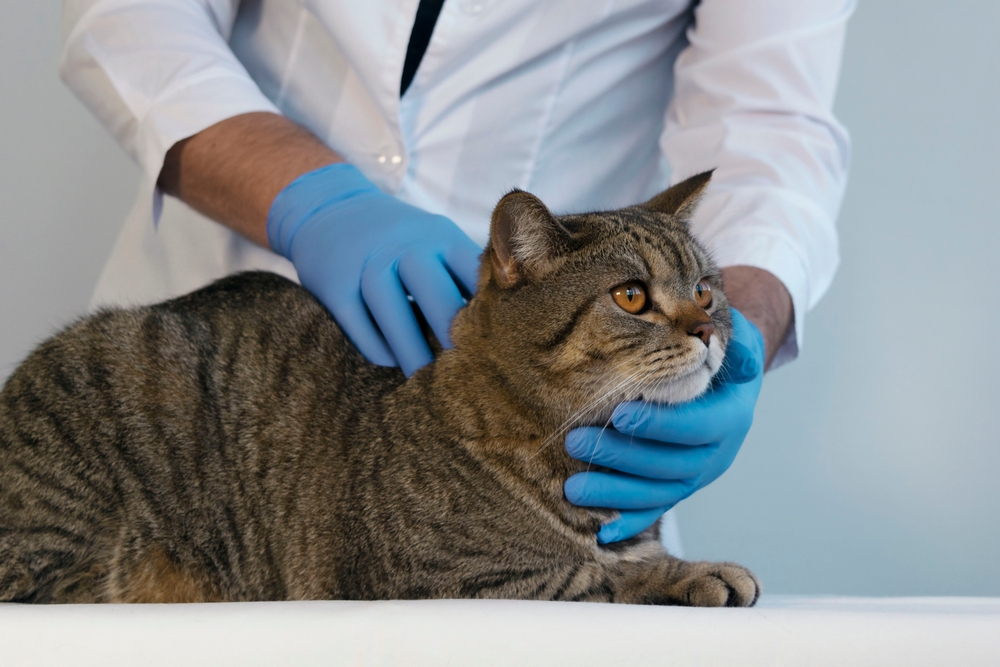
As a pet owner, it’s natural to worry about your furry friend’s health and well-being. Pets can’t always tell us when something is wrong, so knowing which symptoms require immediate veterinary care can make all the difference. Here, we’ll cover some common pet emergencies and the warning signs that signal it’s time to seek urgent attention at Liberty Animal Clinic.
Difficulty Breathing or Choking
Breathing difficulties or signs of choking are red flags that require immediate intervention. Symptoms include rapid or labored breathing, wheezing, coughing, or a bluish tint around the gums or tongue. This could be due to an obstruction, allergic reaction, or lung disease. Immediate treatment can prevent further complications or even save your pet's life.
Severe Bleeding
If your pet has a deep cut or wound that won’t stop bleeding after applying pressure for a few minutes, it’s essential to get them to the clinic quickly. Severe blood loss can lead to shock and organ damage. If the bleeding is from the mouth, ears, or nose without any visible injury, this could indicate an internal issue that also warrants emergency care.
Ingestion of Toxins
Pets are naturally curious, and sometimes this curiosity leads them to ingest harmful substances like chocolate, human medications, cleaning supplies, or poisonous plants. Symptoms of toxicity can vary but often include vomiting, drooling, weakness, seizures, or difficulty breathing. If you suspect your pet has ingested something toxic, seek veterinary assistance immediately.
Trauma or Broken Bones
Accidents happen, whether it’s a fall, being struck by a car, or another type of injury. Signs of trauma can include limping, visible bone fractures, bleeding, and signs of shock such as pale gums or rapid breathing. Even if your pet appears alert, internal injuries may still be present, so it’s best to have them evaluated by a veterinarian.
Difficulty Urinating or Defecating
If your pet is straining to urinate or defecate or showing signs of pain when doing so, this could indicate a blockage or infection. Cats, in particular, are prone to urinary obstructions, which can be fatal if not treated promptly. Additional symptoms to watch for include vomiting, lethargy, or whining while trying to eliminate.
Persistent Vomiting or Diarrhea
Occasional vomiting or diarrhea isn’t uncommon in pets and may not be an emergency. However, if it’s persistent, contains blood, or is accompanied by other symptoms like lethargy, dehydration, or abdominal pain, it’s a sign something more serious could be wrong, such as an infection, poisoning, or gastrointestinal blockage.
Swollen Abdomen
A swollen or bloated abdomen, especially if it’s accompanied by signs of discomfort or difficulty breathing, is a severe condition known as bloat, which is common in larger dog breeds. Bloat can quickly become life-threatening, as it may lead to stomach twisting (gastric torsion), cutting off blood flow to major organs. Immediate care is crucial for survival.
Eye Injuries or Sudden Vision Loss
Eye injuries or sudden signs of blindness need immediate attention to prevent long-term damage or vision loss. Look for symptoms like redness, discharge, cloudiness, or swelling around the eye. Injuries can stem from trauma, infections, or underlying health issues, and prompt treatment can help preserve your pet's vision.
When in Doubt, Call Liberty Animal Clinic
By staying informed about common pet emergencies and recognizing symptoms that require immediate care, you’re taking proactive steps to keep your beloved pet safe and healthy.
If you notice any of these symptoms or suspect your pet may be in distress, reach out Liberty Animal Clinic for guidance or to schedule an emergency visit. Visit office in Hinesville, Georgia, or call (912) 205-5400 to book an appointment today.






